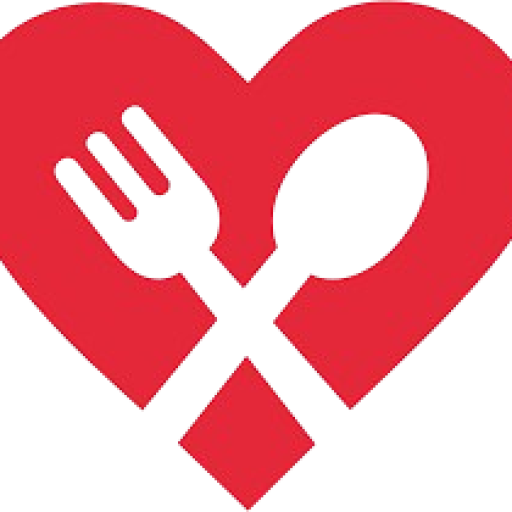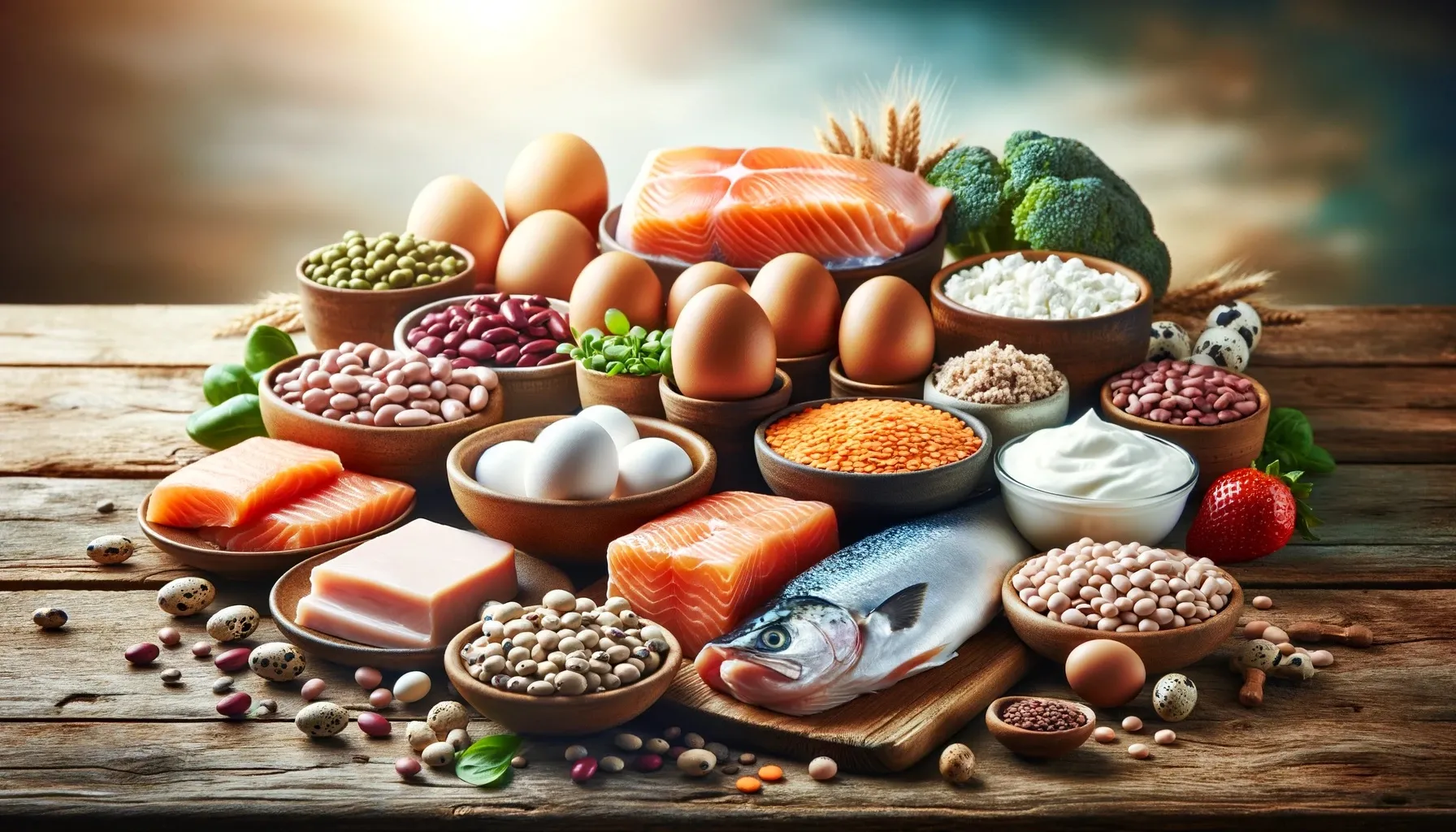Protein, a macronutrient essential for life, is a complex molecule composed of amino acids. These amino acids link together to form chains that fold into intricate three-dimensional structures, determining the protein’s function.
Why is Protein Important?
Protein plays a crucial role in numerous bodily functions:
- Tissue Repair and Growth: It’s the primary building block for tissues, organs, and cells.
- Enzyme Production: Enzymes, which catalyze biochemical reactions, are primarily protein-based.
- Hormone Production: Many hormones, such as insulin and growth hormone, are protein-based.
- Immune Function: Antibodies, which fight off infections, are proteins.
- Energy Source: While primarily used for building and repairing tissues, protein can be broken down for energy when needed.
Types of Protein
- Complete Proteins: These contain all nine essential amino acids, which the body cannot produce on its own. They are typically found in animal sources like meat, poultry, fish, eggs, and dairy products.
- Incomplete Proteins: These lack one or more essential amino acids. Plant-based protein sources, such as legumes, grains, nuts, and seeds, are often incomplete. However, combining different plant-based protein sources can provide all essential amino acids.
How Much Protein Do You Need?
The recommended daily protein intake varies depending on factors like age, sex, activity level, and overall health. Generally, adults need around 0.8 grams of protein per kilogram of body weight. Athletes and individuals with higher protein needs may require more.
Sources of Protein
- Animal Sources: Meat, poultry, fish, eggs, dairy products
- Plant-Based Sources: Legumes (beans, lentils, chickpeas), tofu, tempeh, nuts, seeds, grains (quinoa, buckwheat), and plant-based protein powders
Benefits of a Protein-Rich Diet
A protein-rich diet offers numerous health benefits:
- Weight Management: Protein can help you feel fuller for longer, reducing overall calorie intake.
- Muscle Growth and Repair: It’s essential for building and maintaining muscle mass.
- Stronger Bones: Adequate protein intake is linked to improved bone health.
- Healthy Skin, Hair, and Nails: Protein is crucial for the growth and repair of these tissues.
- Boosted Immune System: A protein-rich diet can strengthen the immune system.
Potential Risks of Excessive Protein Intake
While protein is essential, excessive intake can have negative consequences:
- Kidney Strain: High protein intake can put extra strain on the kidneys.
- Digestive Issues: It may lead to digestive problems like constipation.
- Increased Risk of Certain Cancers: Some studies suggest a link between high protein intake and certain cancers.
Incorporating Protein into Your Diet
To ensure you’re getting enough protein, consider these tips:
- Eat a Balanced Diet: Include a variety of protein sources in your meals.
- Snack Smart: Choose protein-rich snacks like nuts, seeds, yogurt, or protein bars.
- Cook with Protein-Rich Ingredients: Add protein to your meals, such as lentils to soups or tofu to stir-fries.
- Consider Protein Supplements: If you struggle to meet your protein needs through diet alone, protein supplements can be a convenient option.
By understanding the importance of protein and incorporating it into your diet, you can support overall health and well-being.

